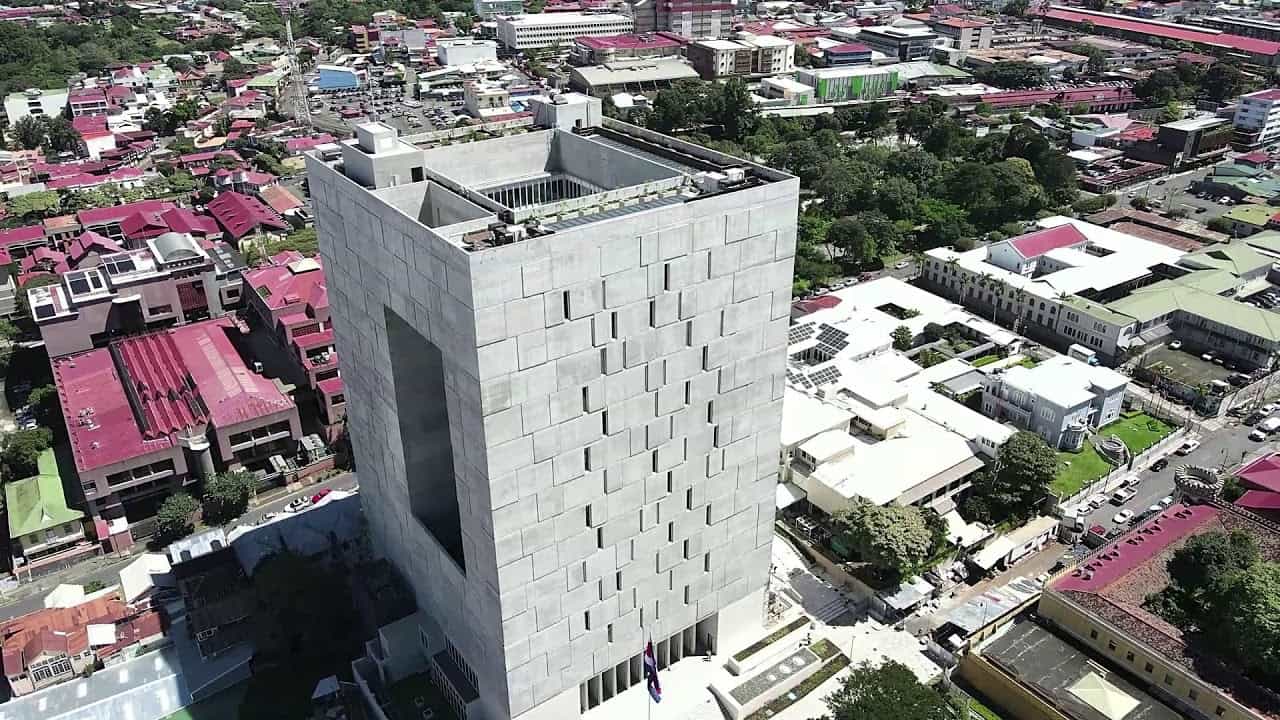A controversial bill that seeks to regulate public employment passed a first debate in Costa Rica’s Legislative Assembly on Thursday.
The Public Employment Framework Law (21.336) received 33 votes in favor and 15 votes against. It would require 38 votes in a second debate, the the text will first be sent for additional review via a constitutional consultation.
The initiative seeks to create a single framework for employment in the public sector, with eight salary scales. The government says this would simplify public employment, reduce wage inequality, and help contain the increase in spending on salaries charged to the state budget.
“I thank the Legislative Assembly for approving the draft Public Employment Law in the first debate,” said President Carlos Alvarado. “A great step to bring order to public sector salaries, without firing or lowering anyone’s salary, under the principles of justice, equality and efficiency.”
The news was met with protests near the Legislative Assembly, citing concerns about job security, government overreach, and dislike of the International Monetary Fund (IMF).
The public-employment project is part of the initiatives proposed by the government to adjust its finances as part of its agreement with the IMF
The Costa Rican government reached a deal with the IMF that includes a loan for $1.75 billion in exchange for a package of measures to contain its fiscal deficit, which reached 8.3% of GDP in 2020.
Costa Rica’s fiscal deficit grew last year due to the impact of COVID-19, which caused economic activity closures while the government increased spending to address the health and social emergency.
The OECD says that improving public spending efficiency is one of the key challenges facing Costa Rica. In a 2020 report, the economic institution — of which Costa Rica is a part — said public employment reform should be a “first priority.”
“Compensation of government employees accounts for more than half of total revenues, the largest share in OECD countries and more than double the OECD average. Public salaries are also almost 50% higher than in the private sector, after controlling for employees’ characteristics,” the report details.






